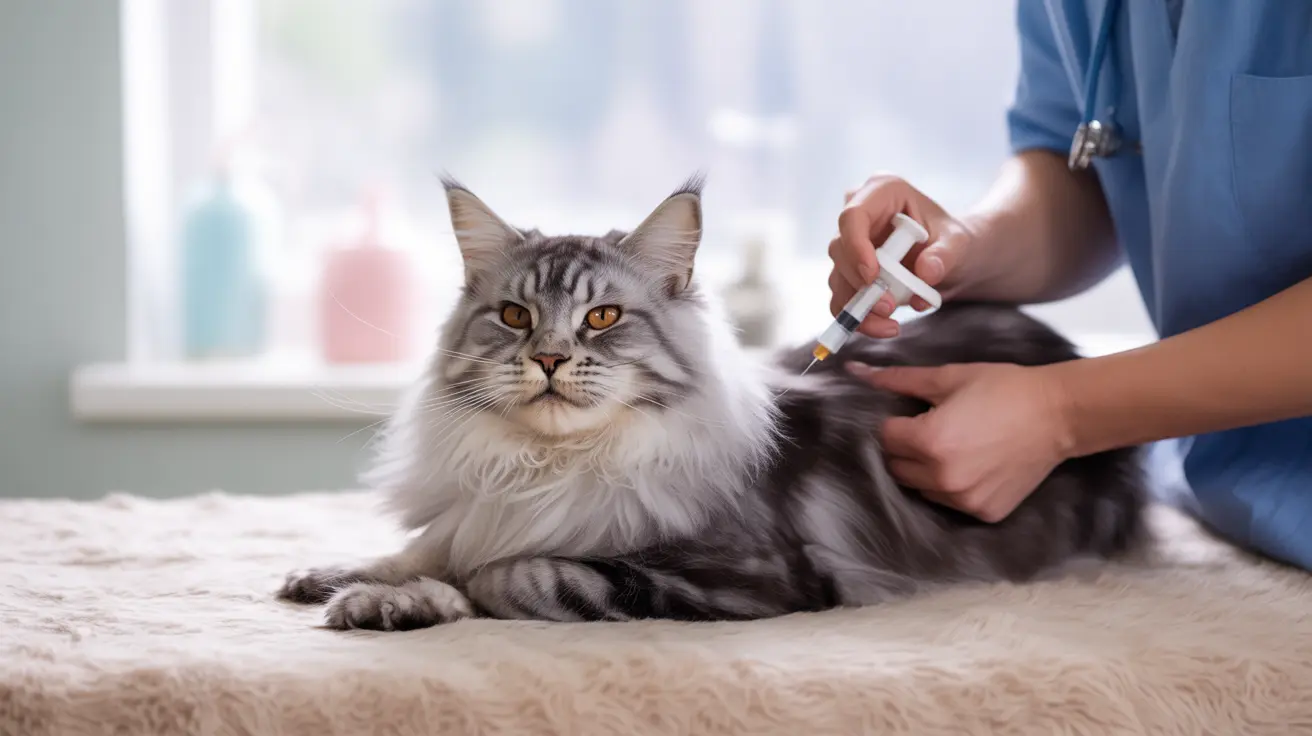Duration and Life Expectancy on Steroid Treatment
The length of time a cat can live while receiving steroid injections varies significantly based on several factors. Some cats may maintain a good quality of life for months or even years on carefully managed steroid therapy, while others might experience complications that limit treatment duration.
Key factors affecting longevity include:
- The cat's age and overall health status
- The specific condition being treated
- The type and dosage of steroids used
- The presence of concurrent health issues
- The effectiveness of monitoring and management strategies
Understanding Short-Term vs. Long-Term Effects
Immediate Impact
Shortly after beginning steroid therapy, cats typically experience several noticeable changes:
- Increased thirst and urination
- Enhanced appetite and potential weight gain
- Temporary changes in behavior or energy levels
- Possible digestive system changes
Long-Term Considerations
Extended steroid use can lead to more serious health implications:
- Development of diabetes mellitus
- Weakened immune system function
- Muscle wasting and skin changes
- Increased risk of infections
- Potential organ complications
Monitoring and Management Strategies
Successful long-term steroid therapy requires vigilant monitoring and proactive management:
- Regular veterinary check-ups
- Blood glucose monitoring
- Urinalysis and culture tests
- Weight and appetite tracking
- Observation of behavior changes
Quality of Life Considerations
When evaluating how long a cat should continue steroid therapy, quality of life is paramount. Signs to monitor include:
- Activity levels and interest in play
- Eating and drinking habits
- Grooming behavior
- Overall comfort and mobility
- Social interaction with family members
Frequently Asked Questions
How long can a cat live while receiving steroid injections for chronic conditions?
Cats can potentially live for months to years on steroid injections, depending on their individual health status, the condition being treated, and how well they tolerate the medication. Regular monitoring and dose adjustment are crucial for maximizing longevity.
What are the common short-term and long-term side effects of steroid injections in cats?
Short-term effects include increased thirst, appetite, and urination. Long-term effects can include diabetes, muscle weakness, skin problems, and increased susceptibility to infections. The severity varies among individual cats.
How can I monitor and manage the risks of steroid therapy in my cat?
Regular veterinary check-ups, blood tests, urinalysis, and careful observation of your cat's behavior and physical changes are essential. Prompt reporting of any concerning symptoms to your veterinarian is crucial.
Are there safer alternatives to long-acting steroid injections for cats that refuse oral medications?
Alternative treatments may include topical medications, inhalers, or newer immunomodulating drugs. However, these options' suitability depends on the specific condition being treated and should be discussed with your veterinarian.
How does long-term steroid use affect a cat's quality of life and life expectancy?
Long-term steroid use can impact quality of life through various side effects and complications. However, with proper monitoring and management, many cats maintain good quality of life. Life expectancy varies based on the underlying condition and individual response to treatment.
Remember that every cat's situation is unique, and decisions about steroid therapy should always be made in consultation with your veterinarian, who can provide personalized guidance based on your cat's specific needs and circumstances.






